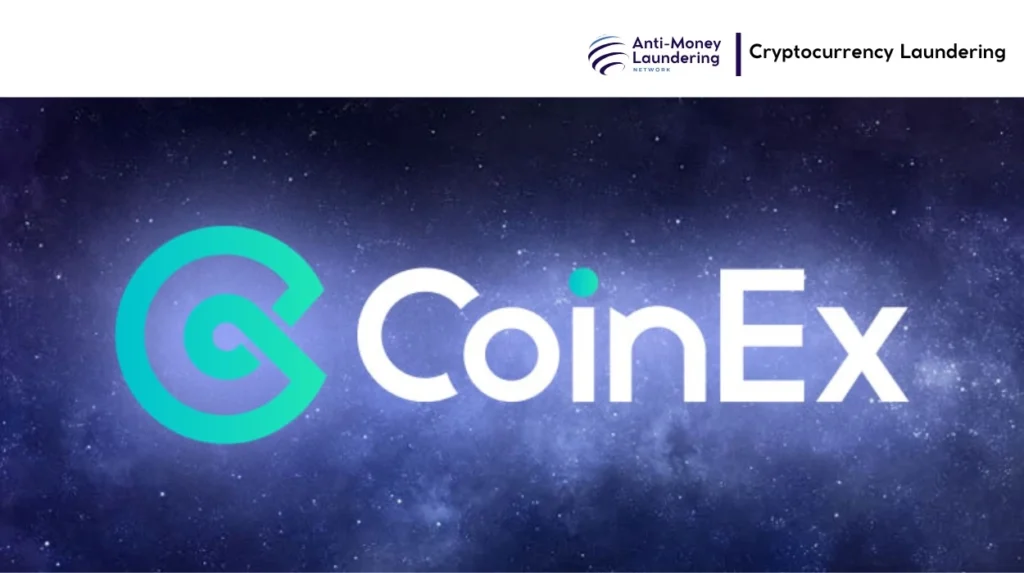CoinEx, a cryptocurrency exchange headquartered in Hong Kong, has faced persistent regulatory challenges due to non-compliance with registration and anti-money laundering (AML) requirements. Despite its regional prominence, the platform has been implicated in facilitating unregulated securities trading and has suffered significant security breaches, exacerbating risks to investors. These issues reflect broader systemic weaknesses in crypto exchange governance and highlight the intensified scrutiny by authorities globally, including Hong Kong, striving to enforce stricter financial oversight in a rapidly evolving digital asset landscape. CoinEx’s trajectory underscores the critical need for comprehensive regulation to safeguard market integrity and user protection.
CoinEx Token and the CoinEx cryptocurrency exchange, headquartered in Hong Kong, have faced significant regulatory scrutiny due to failures in registration and compliance related to trading activities in jurisdictions such as New York, USA. While not publicly charged explicitly for money laundering in Hong Kong, the platform’s deficient AML controls and reported large-scale security breaches underscore its vulnerability to illicit use, including money laundering. Regulatory actions have compelled CoinEx to impose geoblocking, refund investors, and reinforce AML protocols, reflecting cross-border regulatory efforts to curb illegal crypto transactions involving the token. The case exemplifies ongoing challenges in aligning crypto exchange operations with evolving global financial crime prevention standards, particularly in a jurisdictionally complex environment like Hong Kong.

